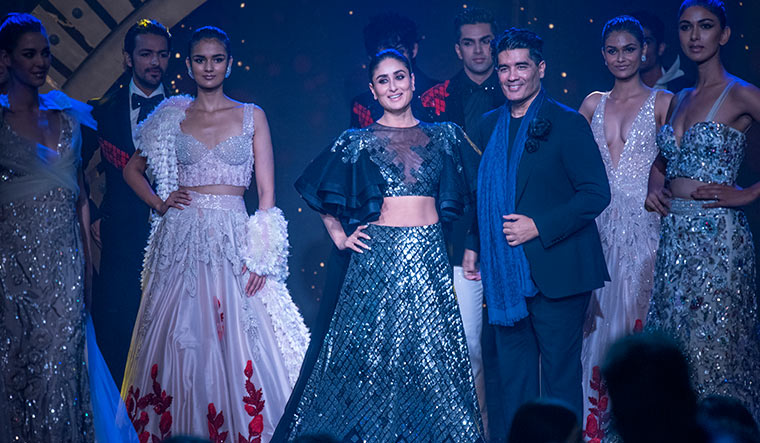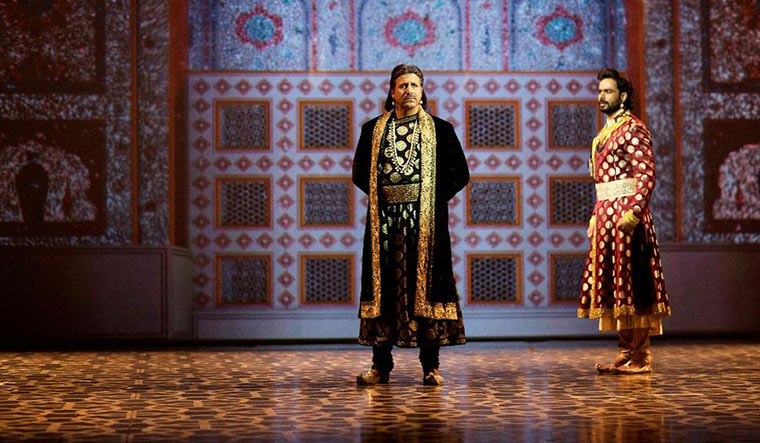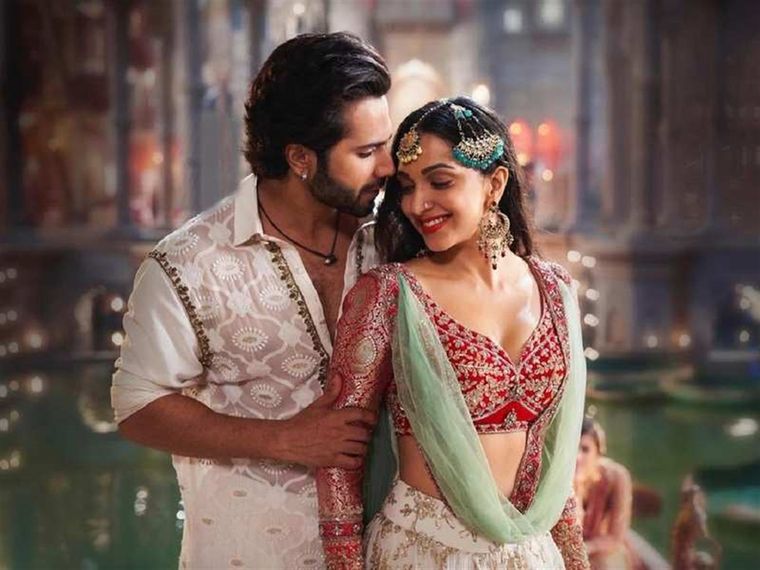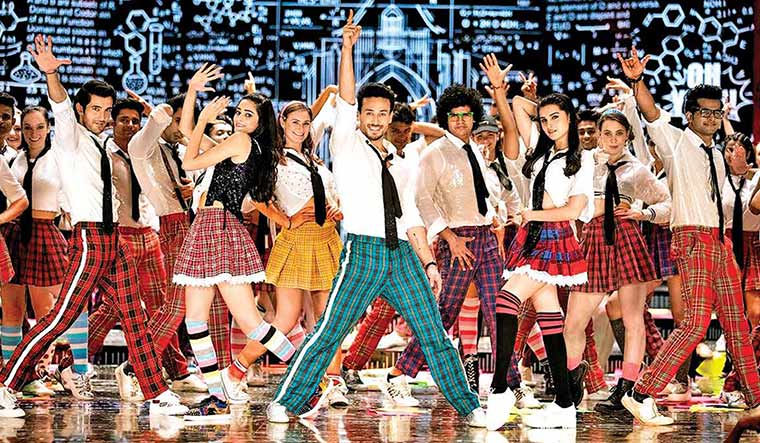It is quite the feat to have friends from your industry eulogising you. In the last couple of years, costume stylist Manish Malhotra has seen an almost unprecedented adulation of this kind. Malhotra, who came to prominence in the 1990s with his costume designs for some of the more popular Hindi films, is now an epitome of fashion, finding his name mentioned in many film credits.
Last year, Rajkummar Rao, who plays a tailor in the horror comedy Stree, is referred to as ‘Chanderi ka Manish Malhotra’. When I mention this to Malhotra, he chuckles, and adds a few more instances. Like how the judge (Saurabh Shukla) in Jolly LLB 2 tries to convince his daughter to settle for Harish Malhotra instead of Manish Malhotra; or how Shraddha Kapoor in Batti Gul Meter Chalu aspires to be a competitor to Manish Malhotra. “Even Bhuvan Bam, one of the stars of YouTube, used my name,” he says, almost ascertaining the fact that he is enjoying it. “It feels good that I have made such a… I would not say name as much as mark.”
Malhotra was 23, an ardent cinephile working in a Mumbai boutique, when it struck him that, if he wanted to become popular, why not do fashion styling for films? One thing led to another, and he cemented his position in the industry as the go-to person for the designing of western wear. In 1995, Filmfare Awards started a category for best costume design so that Malhotra could be awarded for his refreshing costumes in Rangeela. Almost 30 years later, he still remains on top of his game. He says his core idea is to always remain relevant.
There is always the need to reinvent himself to keep growing. So, in the next three or four months, he will be coming out with a younger range of designs under his couture label founded in 2005. He is also working on what he considers to be his most difficult project—a stage adaptation of Mughal-e-Azam directed by Feroz Abbas Khan. In its third edition, the musical that opened in Delhi last week has gone for a complete re-look. “We have designed a set of 550 new costumes,” he says.
He had never thought he would work on a stage production until a couple of years ago, when he started collaborating with actor Shabana Azmi to run the NGO, Mijwan. That was when he realised her versatility in working with different mediums of storytelling. He was almost blown away by her openness to embrace anything. “Whether it is a play, an English film, an art-house film or a Hindi masala film, she does it all,” he says.
When he got an opportunity to do Mughal-e-Azam, he could only think of Azmi. “I thought to myself that I must try out another medium which I have never really done,” he says. “And, of course, it was also to do with Mughal-e-Azam, which has [always] been one of my favourite films. I feel so blessed that, in my lifetime, I will be working on characters like Akbar, Salim and Anarkali.” With a childlike excitement, he says that it has been a dream for him to work on a project that has been immortalised by the fabulous actors of the 1960s and 1970s, like Madhubala and Dilip Kumar.
However, he soon realised that designing for the stage is a completely different ball game. “I actually discovered it after I said yes to the project,” he says. “[It was like] a volcano hit me. Slowly, I started understanding that, unlike in films, all the costumes had to be ready before the play. And it does not end there. There is also the stand-by cast.... So, there are two Salims, two Anarkalis, two Akbars....”
Until then, his only experience designing for the stage had been for performers at live shows like the International Indian Film Academy or the Filmfare awards. “But there, we have a lot of sequence and bling, which is kind of manageable,” he says. “Here, it was brocades, silks and textures. Besides, the colours had to be well-coordinated and the tailoring had to be perfect. Also, when you design for the stars, their stardom carries a lot. Here, I was designing for newcomers—extremely talented, but new. My outfits had to support, but not overpower, them. That was very tricky. I was traversing a thin line. My only way out was to work out the costumes with detailing.”
Before he started designing, Malhotra met with the director and choreographer, who suggested he do the costumes for the dancers and the soldiers as well. He is glad that he agreed. “For me, it was such a beautiful experience that I gave it my all and beyond,” he says. He created a world based more on his fantasy than on any template to be followed. “There is research needed, of course,” he says. “But it is your fantasy. I do not want you to come and say that ‘I saw this look in a Mughal book’, or, ‘I saw the same thing Dilip Kumar was wearing or Madhubalaji was wearing’. I wanted it as much loved as a beautiful painting of the Mughal period. It did not have to be the same that you have seen before.”
He faced the same challenge while designing for Kalank, again a period drama set in the pre-partition era that stars actors from three generations. Which is a far cry from the modern film—the second instalment of Student of the Year—that he is designing for. Over the years, he says, the challenge has been to change with the times. It can only happen if you are committed to taking success and failure in your stride, and constantly moving ahead. “Today, I am working with people in their 20s, and I am 52,” he says. “They are of a completely different mindset. I have to really thank the universe, and thank so many people in the film industry, because I am as busy today as I was when I started, in the 1990s. It has been years of designing for films, coming out with newer collections and showcasing at fashion shows. Next year, my label completes 15 years and I complete 30 years of costume design.”





